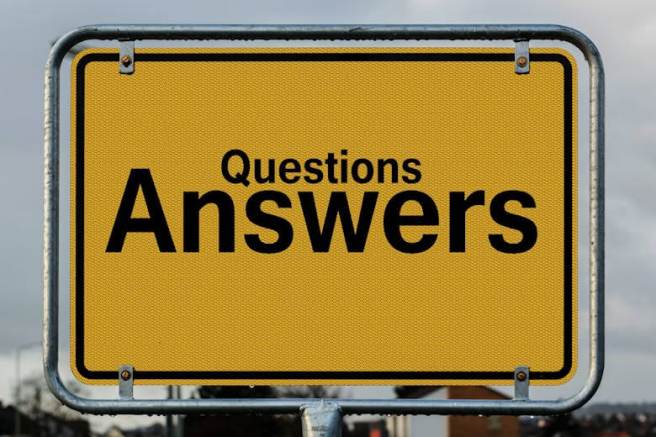Q&As about peer review- 5 hot topics answered

One of the most critical elements in the manuscript review process is peer review. It is an essential step in ensuring that the research being communicated has been vetted by an
Peer review stage is one that leads to many questions in the minds of authors. Here we collated 5 of our popular questions and answers on the subject of peer review that have been answered on Editage Insights.
1. How can I become a peer reviewer?
This is a frequently asked question that we have addressed in this article here and is also discussed in this Q&A forum. In a nutshell, networking, participating in societies in your field, writing to editors and keeping your profile updated are a few of the tips that our experts suggest. Editors are always looking for good peer reviewers with expertise in specific areas, so reach out!
2. How long does the second round of peer review take?
Generally the second round of peer review does not take as long as the first round. Revised papers are received by the editor and will usually be sent back to the same reviewers. At times, if the revisions are minor, the editor may decide without sending the manuscript back to the reviewers. However, if the changes are major, then it may require another review and could take as long as the first review! The editor may also assign the article to new reviewers if this seems necessary. Here, experts have answered this question in some more detail.
3. How do I know if the same peer reviewer evaluating my submission to a new journal?
It is always a possibility that the same peer reviewer is reviewing your paper even though you have submitted it to another journal. If the scope of the new journal is different form the previous one, then the peer reviewer may look at your paper differently, keeping that in mind. For example, if the first journal you submitted to was a niche journal in your field, but the second one is more general, the editor and peer reviewers will know this and look at your work in that context. This question has been addressed in some detail here.
4. Does a quick second round of peer review indicate rejection?
This is a popular question that we get asked often. The second review will generally take less time than the first one. However, how well you have addressed the peer reviewer's queries, how clear your response letter is, the availability of the original reviewers for the second round are some factors that would determine whether the manuscript is likely to get accepted or rejected. You can read a detailed answer to this question here.
5. Can I submit my paper to the same journal if the first decision is rejection?
This is truly up to the editor. It would be advisable to contact the editor of the journal and find out if you can submit a fresh manuscript following a rejection. Under certain circumstances this may be possible. Read more about this here.
Have more questions about Peer Review? Join in the conversation - register today for Peer Review Week 2024!
Comments
You're looking to give wings to your academic career and publication journey. We like that!
Why don't we give you complete access! Create a free account and get unlimited access to all resources & a vibrant researcher community.

Subscribe to Journal Submission & Peer Review













